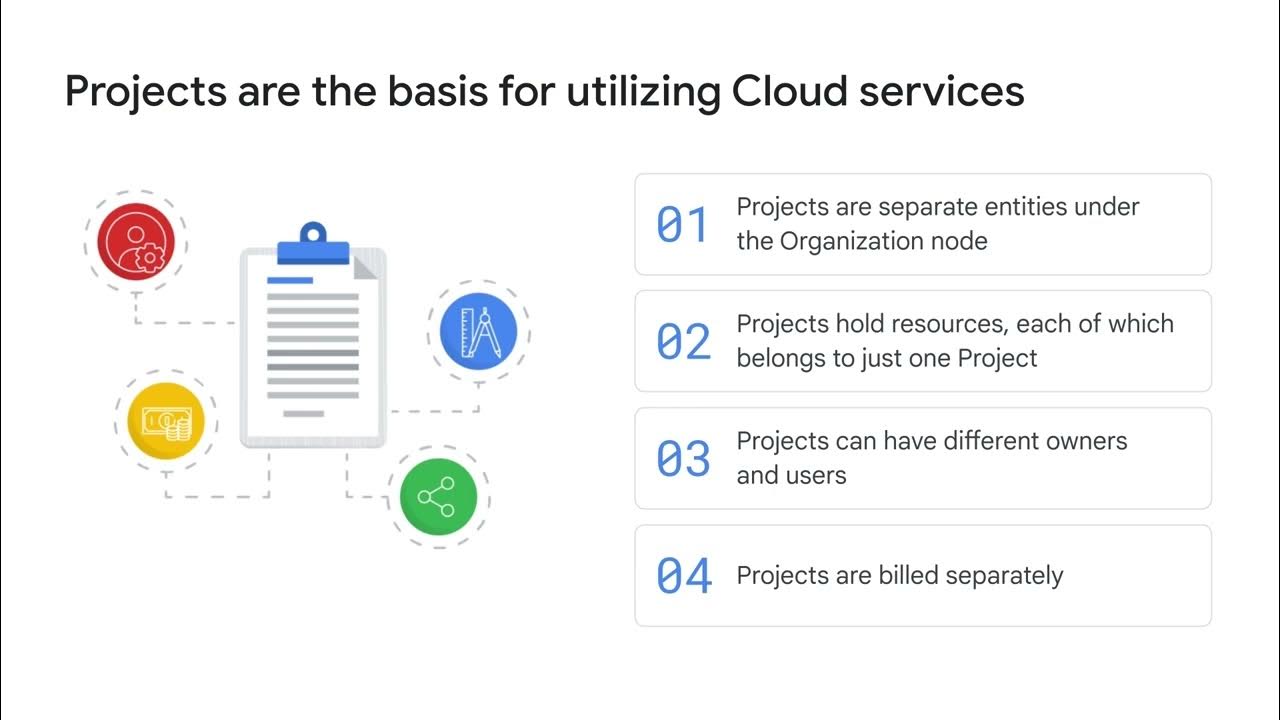Beverage Tasting and Sensory Evaluation Tips
Summary
TLDRSteven Fleischauer, manager of special projects at Flavorman, introduces the collaborative process behind crafting unique beverages. He emphasizes the importance of lab days, where clients taste and refine beverage formulas through multiple rounds of testing. Fleischauer shares tasting tips for building an effective sensory panel and offers advice for optimal sensory evaluations, such as avoiding overpowering flavors and resetting the palate. The process of evaluating color, aroma, flavor, and other factors is key to perfecting the formula. Feedback from each session helps ensure the creation of a world-changing drink.
Takeaways
- 😀 Lab days are an essential part of the beverage development process, allowing clients to finalize their formulas through multiple rounds of testing.
- 😀 A small sensory panel of three to four trusted partners is ideal for providing critical feedback during the tasting process.
- 😀 Start with a broader tasting panel and narrow it down as you approach the final product.
- 😀 Avoid powerful flavors, like coffee, before tasting to ensure an unbiased perception of the beverage.
- 😀 A light lunch and hydration with water or lightly flavored drinks are recommended before lab days to maintain focus.
- 😀 Well-lit and aroma-free testing areas help evaluate the appearance, taste, and smell of the beverage effectively.
- 😀 Use small, clear tasting cups to easily assess the appearance and taste multiple rounds without sensory fatigue.
- 😀 Samples should be tasted at room temperature to get the most accurate sensory picture, though beverages should also be evaluated as consumers would drink them.
- 😀 Key components to evaluate include color, aroma, flavor, sweetness, acidity, carbonation, and alcohol content.
- 😀 To prevent sensory fatigue, reset your palate with water or plain unsalted crackers, or consider tasting and spitting out alcoholic beverages.
- 😀 After tasting, compare notes with the team to finalize feedback and ensure that each person has had time to form their own opinion before discussing results.
Q & A
What is the main role of Steven Fleischauer at Flavorman?
-Steven Fleischauer is the manager of special projects at Flavorman, where he collaborates with clients to craft beverage formulas that align with their unique visions.
Why is feedback important in the beverage development process?
-Feedback is crucial as it helps refine the beverage formula to match the client's vision and improve the product's overall quality.
What are lab days, and why are they significant?
-Lab days are sessions where clients visit Flavorman’s facility to finalize their beverage formula through multiple rounds of sample testing. They are significant because they provide an opportunity for hands-on evaluation and adjustments based on feedback.
How many people should be on a sensory panel, and why?
-It is recommended to have a group of three or four trusted partners on the sensory panel to ensure balanced and critical feedback without having too many opinions that could complicate decision-making.
What should participants avoid before attending a tasting session, and why?
-Participants should avoid strong flavors such as coffee and heavy meals before the tasting to prevent these flavors from influencing their perception of the beverage.
What is the ideal environment for conducting sensory evaluations?
-The ideal environment for sensory evaluations is well-lit and aroma-free, allowing participants to accurately assess the look, taste, and smell of the beverage without external interference.
What kind of tasting cups are recommended, and why?
-Small, clear tasting cups are recommended because they allow participants to see the beverage's color and enable multiple rounds of tasting without sensory fatigue.
What is the importance of taking detailed notes during the tasting process?
-Taking detailed notes helps participants remember their impressions and compare feedback later to identify trends and pinpoint changes needed for the formula.
What can participants do to reset their palate between tasting samples?
-Participants can sip water or eat plain, unsalted crackers to reset their palate between samples, which is especially important to avoid sensory fatigue.
Why is it important to wait until everyone has finished tasting before discussing their opinions?
-Waiting until everyone has finished ensures that each participant forms their own independent conclusions, which helps gather unbiased, collective insights for refining the beverage.
Outlines

Cette section est réservée aux utilisateurs payants. Améliorez votre compte pour accéder à cette section.
Améliorer maintenantMindmap

Cette section est réservée aux utilisateurs payants. Améliorez votre compte pour accéder à cette section.
Améliorer maintenantKeywords

Cette section est réservée aux utilisateurs payants. Améliorez votre compte pour accéder à cette section.
Améliorer maintenantHighlights

Cette section est réservée aux utilisateurs payants. Améliorez votre compte pour accéder à cette section.
Améliorer maintenantTranscripts

Cette section est réservée aux utilisateurs payants. Améliorez votre compte pour accéder à cette section.
Améliorer maintenantVoir Plus de Vidéos Connexes

We Are All Different - and THAT'S AWESOME! | Cole Blakeway | TEDxWestVancouverED

Things Crafters Say vs What We REALLY Mean | @karenkavett

GREBEG PABRIK POLYGON! (LAGI) | English Subtitle

Understanding projects

How to make Projects for Internship & Placement from Scratch | Atlassian, Juspay, BNY Mellon, TCS

How Nescafe Coffee Is Made in the factory | Coffee Bean Harvesting Process
5.0 / 5 (0 votes)
